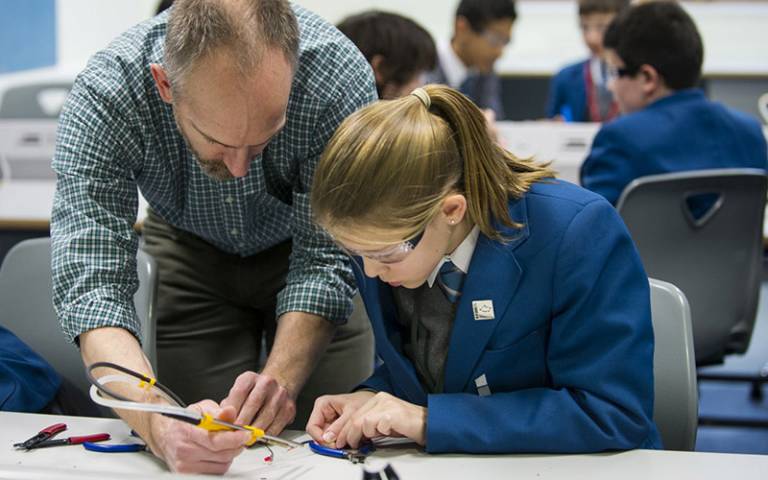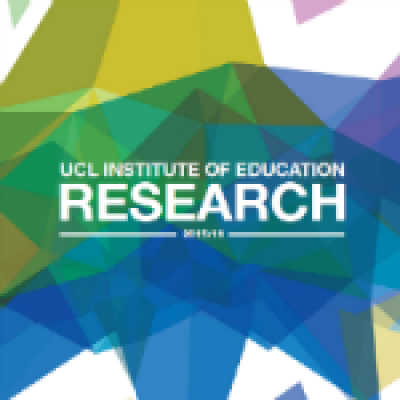Practices to improve schools differ from other areas of the economy
26 March 2018
The types of human resource management (HRM) practices that improve school performance are different from those that improve performance elsewhere in the economy.

The researchers from UCL Institute of Education (IOE) and NIESR find that schools benefit from increased use of rigorous hiring practices when selecting new recruits, employee participation mechanisms (such as team briefings) and careful record-keeping, none of which seem to improve workplace performance elsewhere in the economy.
By contrast, increased use of performance-related pay and performance monitoring, which do improve workplace performance elsewhere in the economy, are ineffective in schools. The only HRM practice that benefits both schools and other organisations is more intensive provision of training.
The research also found that more intensive use of HRM practices can improve school performance.
The study, funded by the Nuffield Foundation, analyses data from a survey conducted in 2004 and again in 2011, which asked nationally representative samples of managers responsible for HRM which of 48 HRM practices were in use at their workplace. Schools use an average of 27 HRM practices, compared to 24 in the for-profit non-schools sector and 26 in the non-schools public sector.
Holding other things constant (such as workplace size), schools use fewer financial incentives, keep fewer records and have fewer managerial targets than their counterparts in the non-school for-profit sector. But schools use more practices linked to quality management (TQM) and encouraging employee participation.

The study examines the link between HRM and a variety of workplace performance measures. HRM is positively associated with financial performance and labour productivity, but not with worker quit rates, sickness absence, injury or the climate of employment relations at the workplace.
Professor Alex Bryson from the IOE, one of the three authors of the study, comments:
"We are unable to state categorically that the link between intensive HRM and school performance is causal. But the association is robust to various tests we perform, including examining the link over time between workplaces' increased use of HRM and changes in their performance.
"Nowadays, head teachers have greater autonomy in running schools than they did in the recent past. But it is as yet unclear how capable they are at identifying and implementing good human resource management practices.
"Our findings have implications for government policy. For example, they raise concerns about the government's hopes that greater use of performance pay for teachers will bring about improvements in school performance. More work needs to be done on that issue.
"In the near future, we hope to be able to establish the relationship between use of HRM in schools and pupil attainment, something we were unable to do in the current study."
The study will be presented at the Royal Economic Society's annual conference at the University of Sussex in Brighton, which runs from Monday 26 March to Wednesday 28 March 2018.
Media contact
Henry Killworth, UCL Media Relations
h.killworth@ucl.ac.uk
+44 (0) 20 7679 5296
Links
- View Professor Alex Bryson's research profile
- View David Wilkinson's research profile
- Royal Economic Society annual conference
- Department of Social Science
Image
- Top: Kirsten Holst © University College London via UCL ImageStore
 Close
Close


